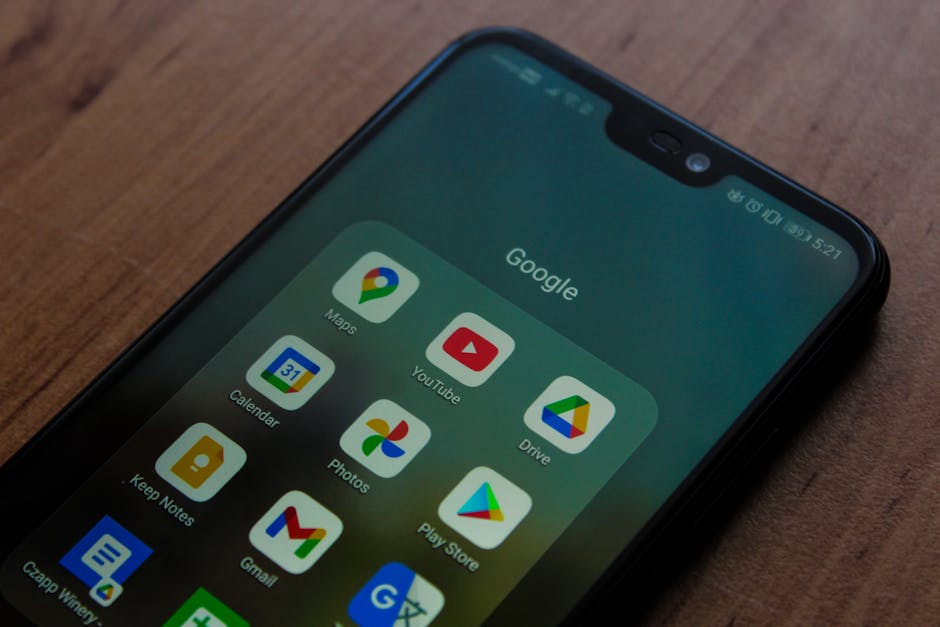Google Allows Sideloading for ‘Experienced Users’ Amid Regulatory Pressures
Google has confirmed that it will keep permitting “experienced users” to sideload Android apps outside the Play Store. This decision balances security concerns with growing regulatory demands, particularly in the EU, where antitrust laws like the Digital Markets Act (DMA) are reshaping app distribution rules.
What Is Sideloading on Android?
Sideloading lets users install apps via APK files from sources other than the Play Store. While it unlocks apps not available officially, it also increases exposure to malware and security threats.
Why Is Google Keeping Sideloading Available?
Google has historically warned against sideloading due to security risks. However, the DMA forces major platforms to allow third-party app stores and sideloading to promote competition. Unlike Apple, which resisted similar changes, Google is taking a middle-ground approach—keeping sideloading possible but adding safeguards.
Who Qualifies as an ‘Experienced User’?
Google’s policy suggests sideloading will remain accessible but with additional warnings to discourage casual users. Advanced users who understand the risks can proceed, while typical consumers are steered toward the safer Play Store.
Security Risks of Sideloading Apps
Despite Google’s Play Protect scans, sideloading remains risky. Hackers often disguise malware as legitimate apps. Future Android updates may introduce stricter permission checks to mitigate threats.
What This Means for Android Users
- Pros: Access to beta apps, regional exclusives, and custom software.
- Cons: Higher malware risk, no automatic updates, and weaker refund policies.
Broader Impact on App Distribution
The move reflects a shifting tech landscape where regulators push for more open ecosystems. Android’s flexibility contrasts with Apple’s historically closed system, potentially making sideloading a key differentiator.
Final Verdict: Should You Sideload?
While Google preserves sideloading for tech-savvy users, most should stick with the Play Store for security. As regulations evolve, Android’s approach may set a precedent for balancing freedom and safety.
Stay updated on tech policy changes—follow NextMinuteNews for the latest!




